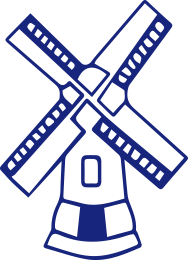Computing
Intent, Implementation and Impact
Intent
At Instow Community Primary and Pre-School we offer structured sequences of lessons, ensuring that the skills required to meet the aims of the National Curriculum are covered in full. The content allows for a broad, deep understanding of computing and how it links to daily life. It offers a range of opportunities for consolidation, challenge and variety. Children learn to apply the fundamental principles and concepts of computer science. They develop analytical problem-solving skills and learn to evaluate and apply information technology. It also enables them to become responsible, competent, confident and creative users of information technology.
Implementation
In Computing, each lesson includes revision, analysis and problem-solving. Through the sequence of lessons, pupils are inspired to develop a love of the digital world and see its place in their future. Cross-curricular links are also important in supporting other areas of learning. Lesson plans and resources help children to build on prior knowledge at the same time as introducing new skills and challenges. In KS1, the focus is on developing the use of algorithms, programming and how technology can be used safely and purposefully. In KS2, lessons still focus on algorithms, programming and coding, but in a more complex way and for different purposes. Children also develop their knowledge of computer networks, internet services and the safe and purposeful use of the internet and technology. Data Handling is featured more heavily in KS2. Skills learnt through KS1 and KS2 are used to support data presentation.
Curriculum pathways: The Computing curriculum is taught using the Teach Computing NCCE pathway. Currently, this is in tandem with Purple Mash resources.
Impact
Learning in Computing will be enjoyed throughout school. Teachers will have high expectations and quality evidence will be presented in a variety of forms. Children will use digital and technological vocabulary accurately, alongside a progression in their technical skills. They will be confident using a range of hardware and software and will produce high-quality, purposeful products. Children will see the digital world as part of their world, extending beyond school, and understand that they have choices to make. They will be confident and respectful digital citizens going on to lead happy and healthy digital lives.
